“Fairtrade creates relationships, very strong relationships. It makes us become like a big family and I really appreciate that. “
Kum Ninsonga
Key Issues
Key Issues
Fairtrade’s holistic approach aims to address a number of important topics and themes.
-

Deforestation
Forests protect the planet, contribute to soil and water protection, support diverse animal and plant life, and serve as home to indigenous populations. Poverty and a lack of decent living conditions lead people to turn to the forest to meet their basic needs, such as using wood for fuel, or clearing land to grow crops to eat or sell. Learn how Fairtrade supports farmers to protect forests and prevent deforestation.
-
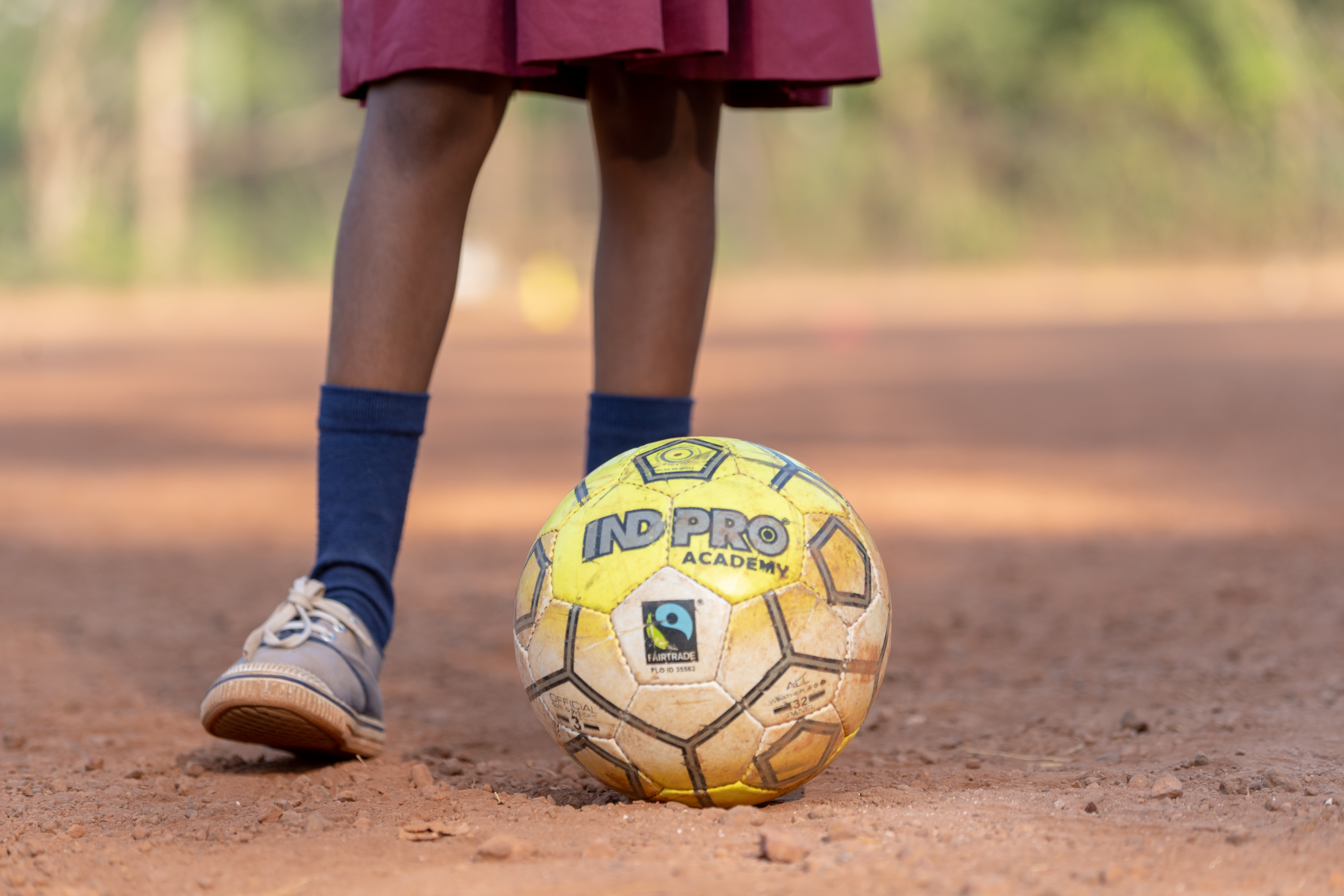
Child labour
Worldwide 160 million children are still in child labour. It’s a deep rooted problem that needs a holistic approach to solve.
-
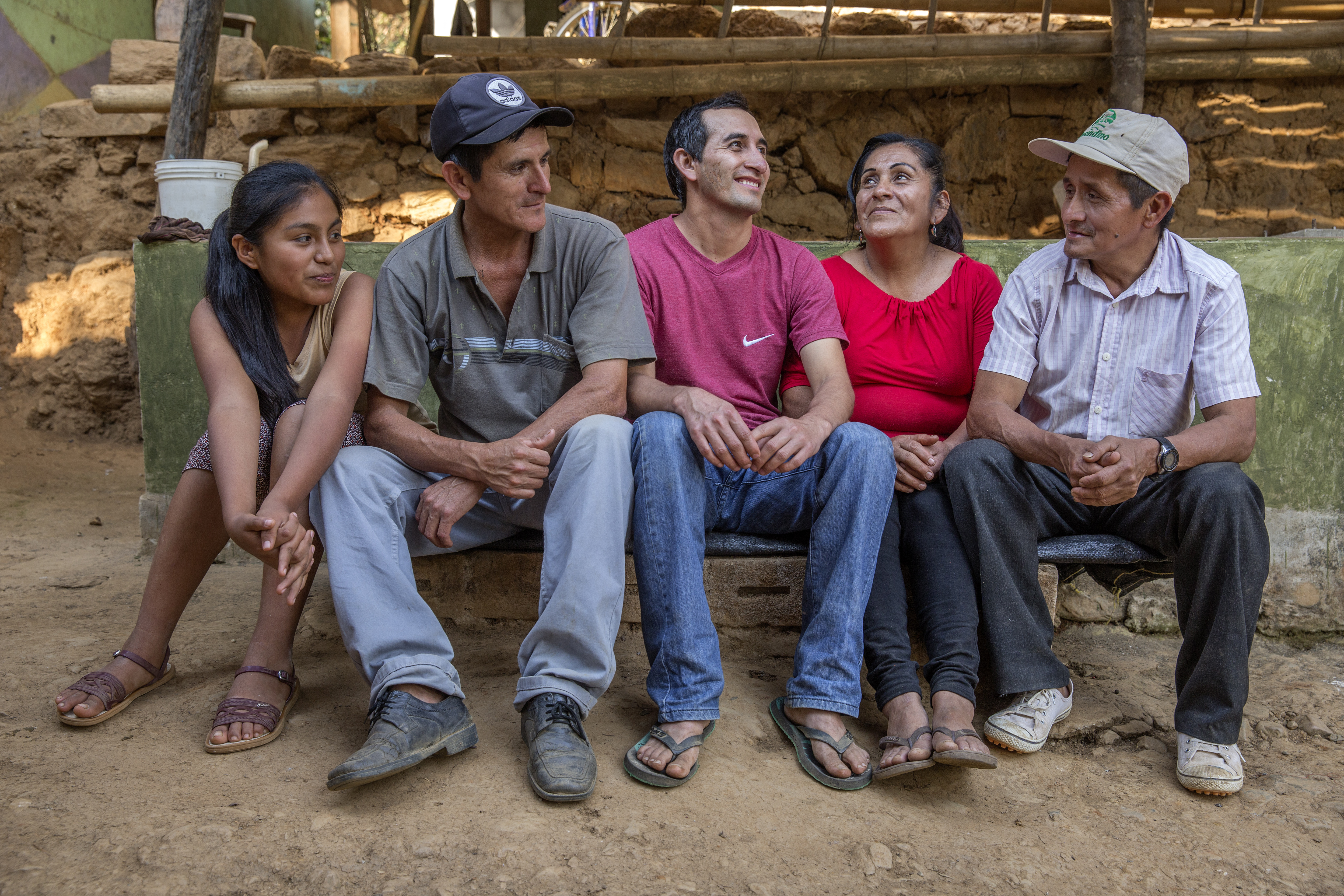
Decent livelihoods
A decent standard of living – one that covers basic needs and supports an existence worthy of human dignity – is a human right. But small-scale farmers and agricultural workers – despite growing the crops that drive supply chains worth billions on the global market – too often live in poverty.
-
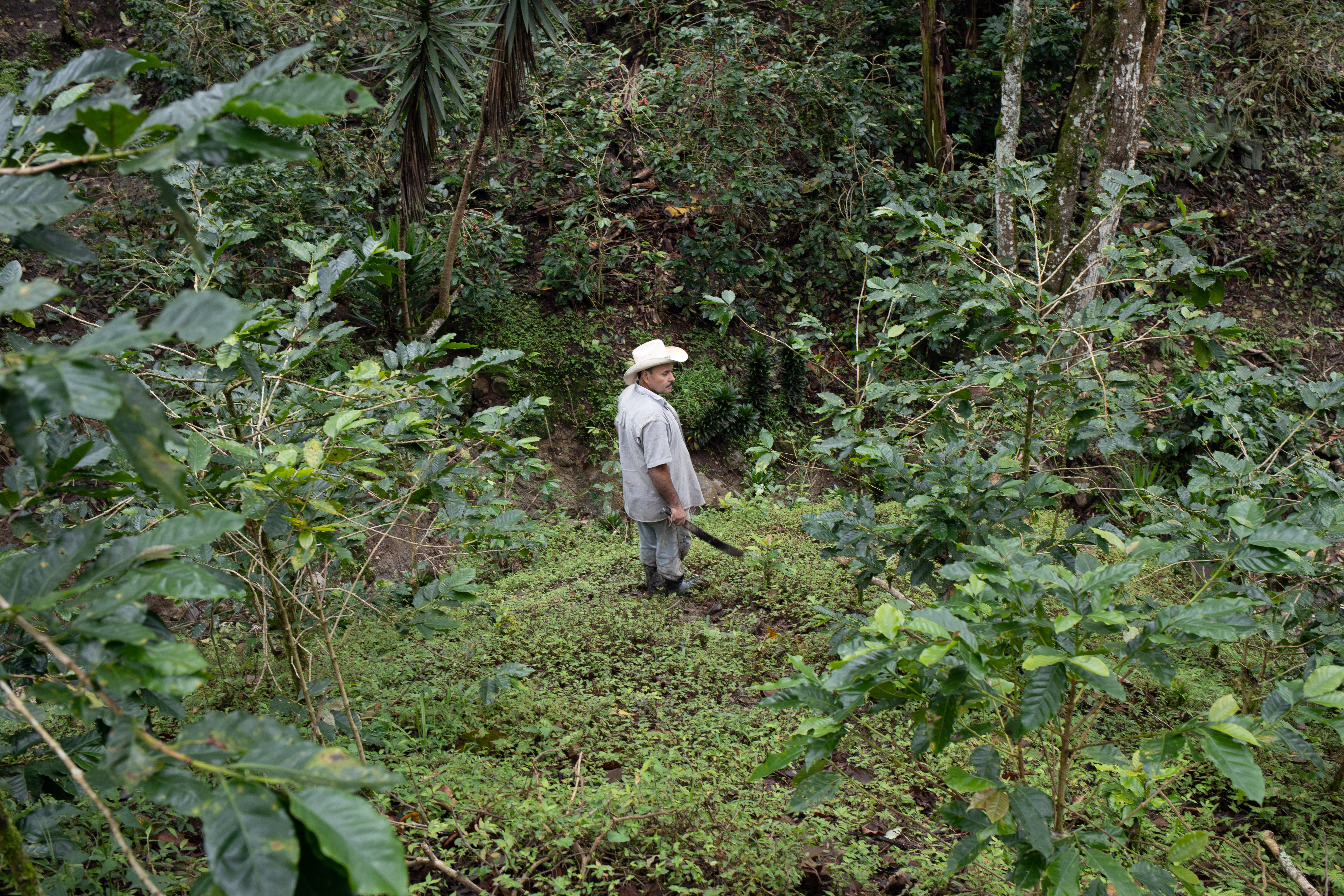
Climate and environment
Nature is in crisis. Farming covers more than a third of the world’s land surface, and is the main driver of deforestation.
-

Forced labour
Slavery was supposedly abolished years ago. Yet today millions of people worldwide are exploited to do work against their will.
-
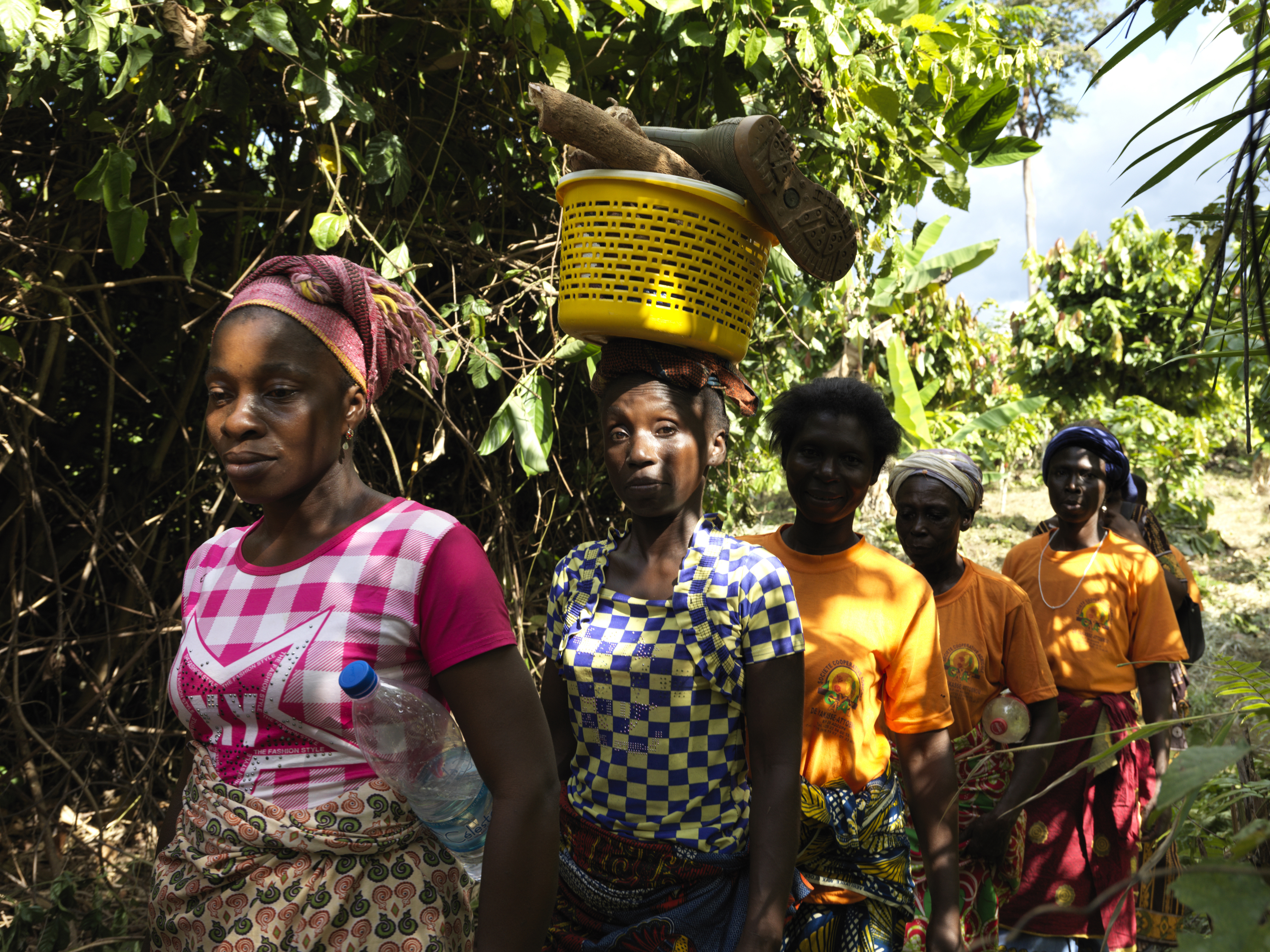
Gender equality
Around 60-80 percent of the world’s food is grown by women. Yet they often don’t own the land and see little of the profit made from it.
-
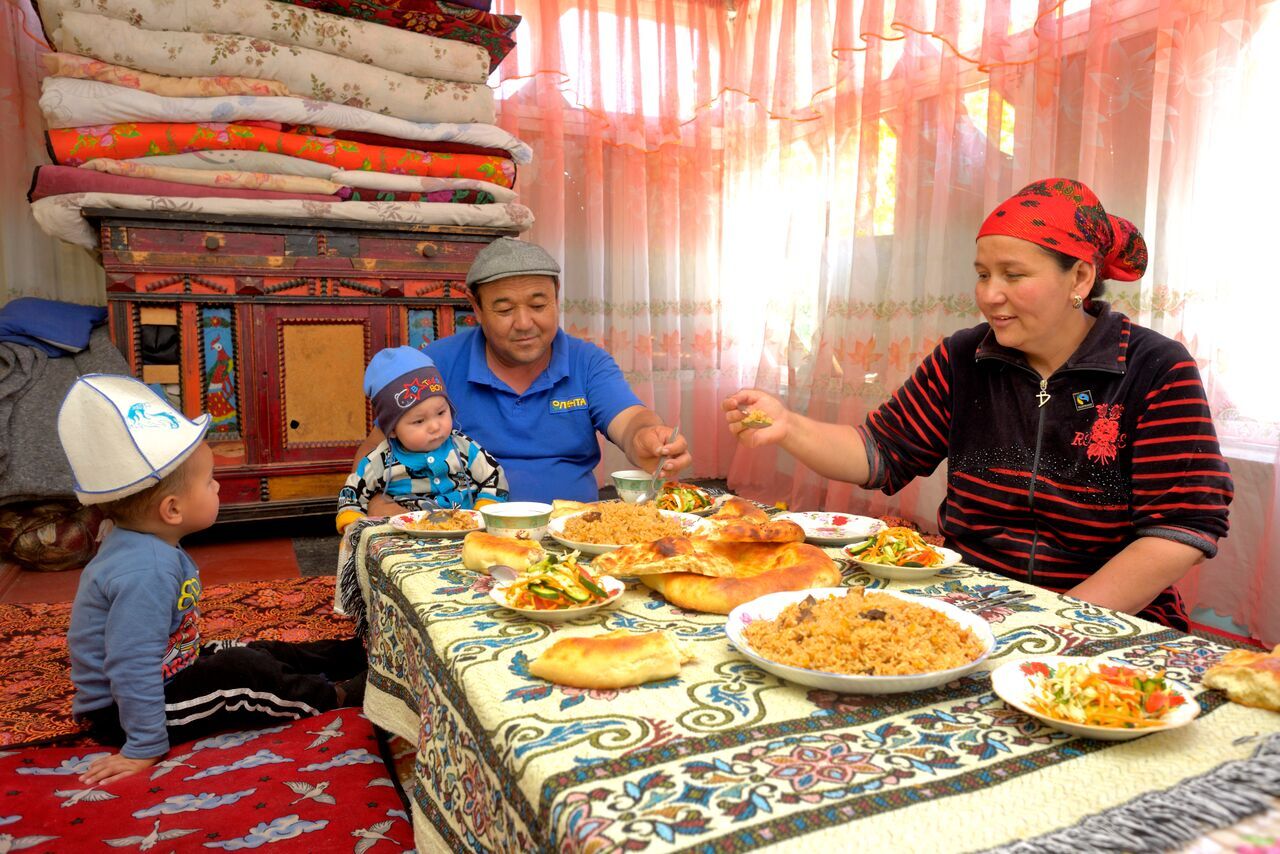
Human rights and due diligence
There is growing global consensus that companies need to show their respect for people and planet by conducting due diligence on human rights and the environment. Fairtrade supports all supply chain actors in their due diligence efforts.
-
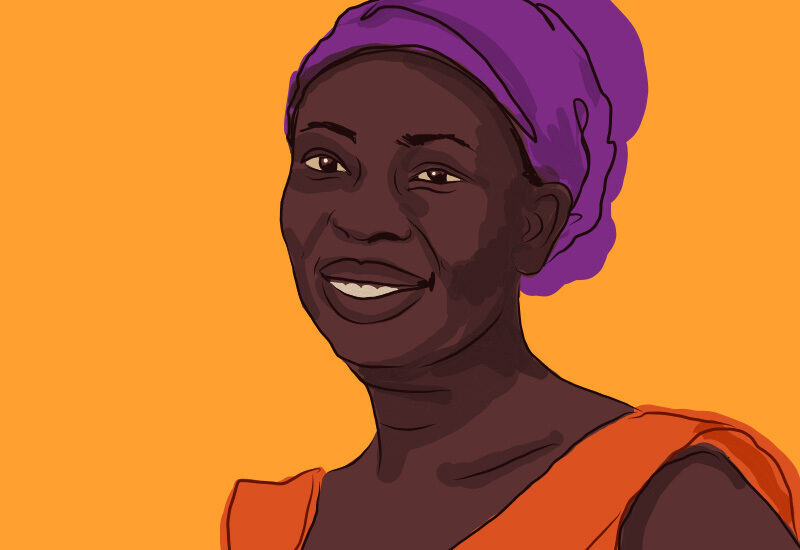
Mitigating risks
There is growing global consensus that companies need to show their respect for people and planet by conducting due diligence on human rights and the environment. Fairtrade supports all supply chain actors in their due diligence efforts.
-
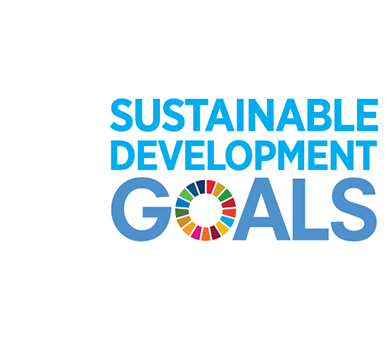
SDGs
The Sustainable Development Goals aim to end poverty “in all its forms, everywhere”, while leaving no one behind. This ambition is central to Fairtrade’s mission.
-
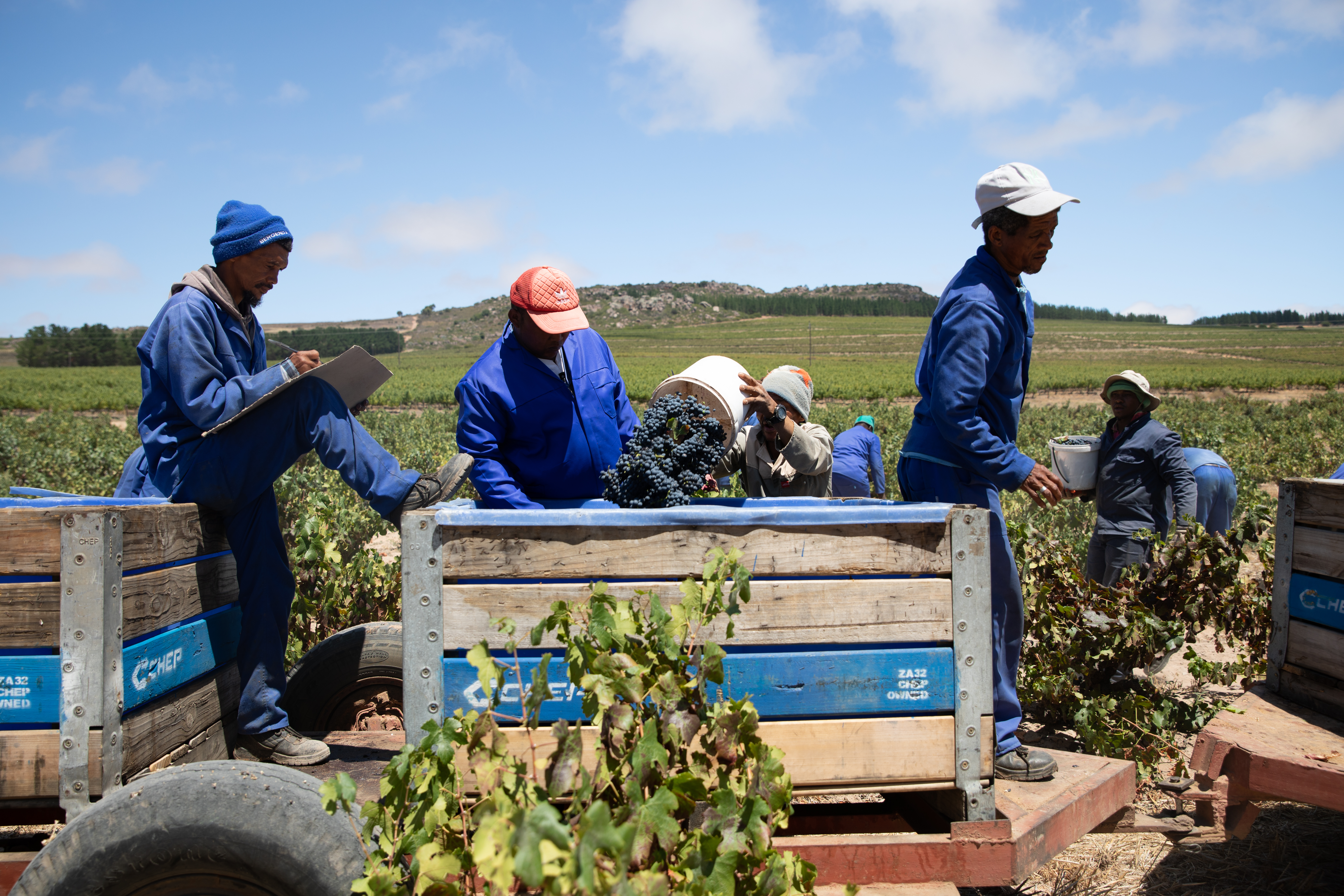
Workers' rights
Workers on farms and in factories are among the most vulnerable people in global trade. See how Fairtrade is working for workers.
-
Resources for traders on the EU Deforestation Regulation
-
EUDR resources for producers
-
Living Income Reference Prices
-

Putting farmers and workers at the center of due diligence legislation
-
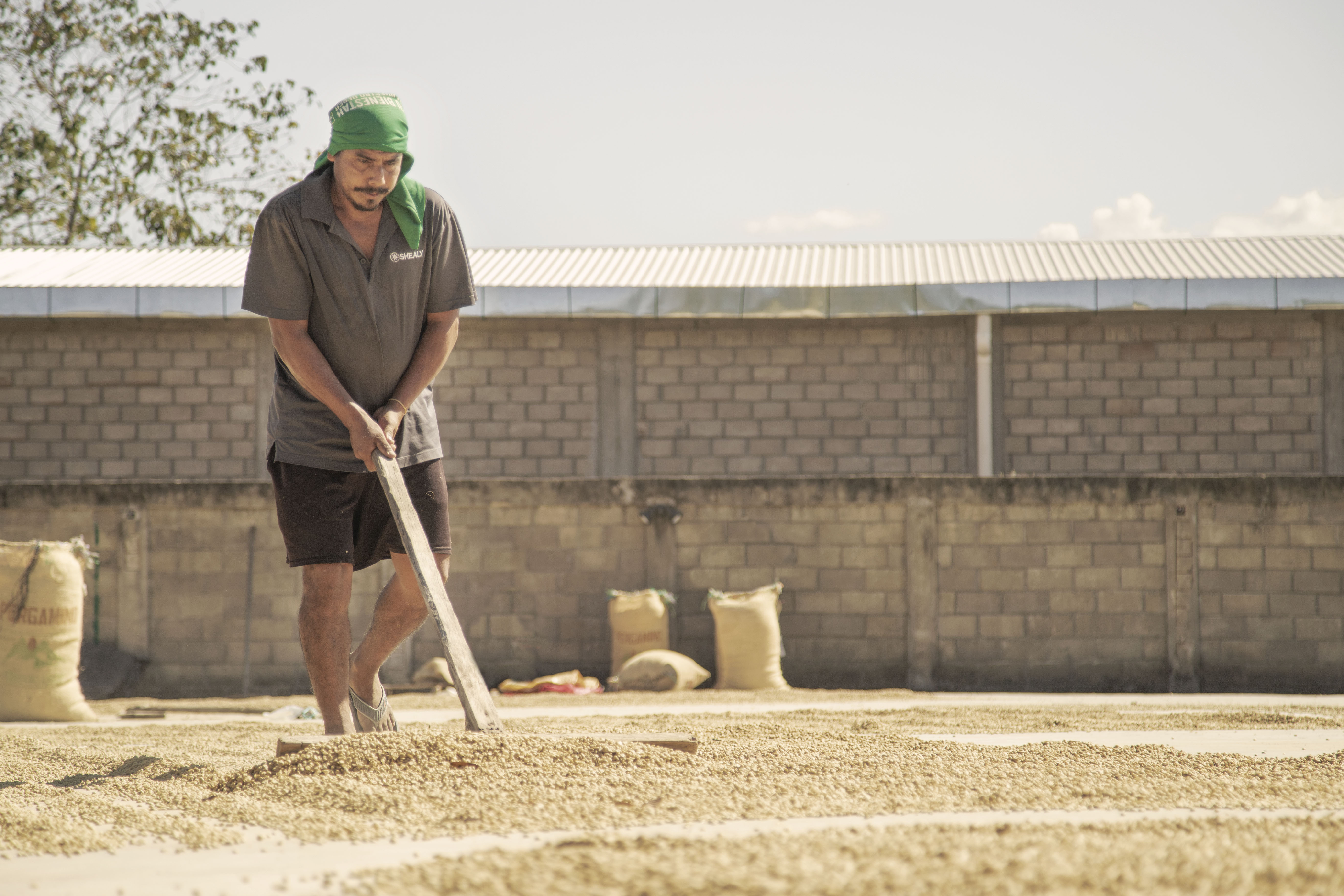
Living income
-
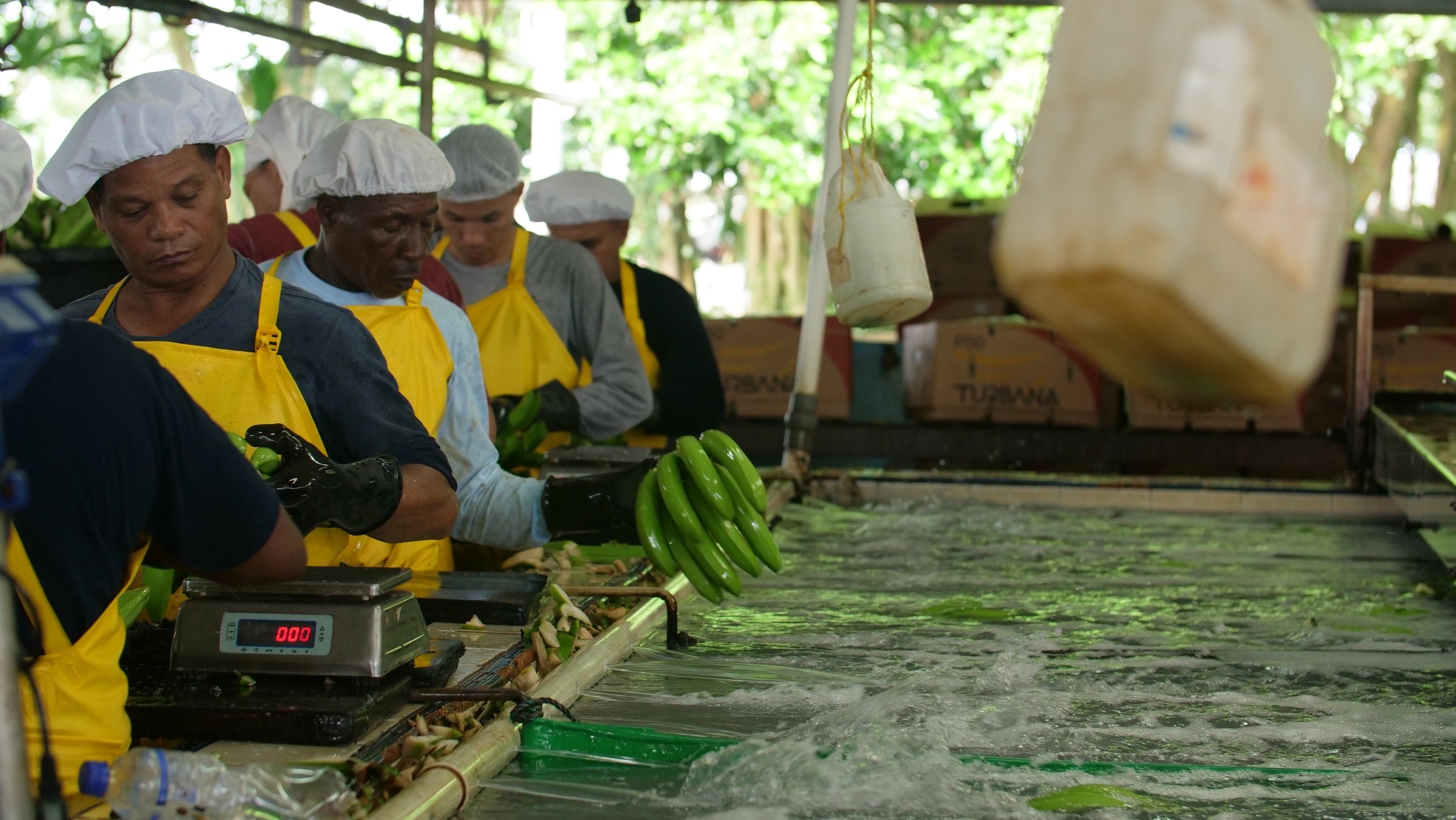
Living wage
-
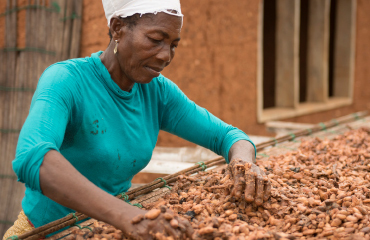
Supply chain collaboration
-
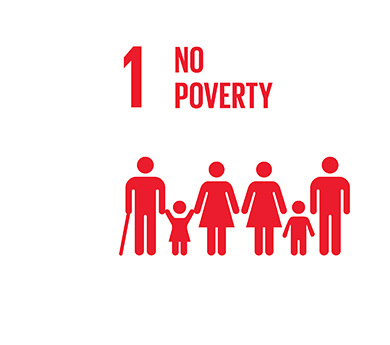
SDG1
-
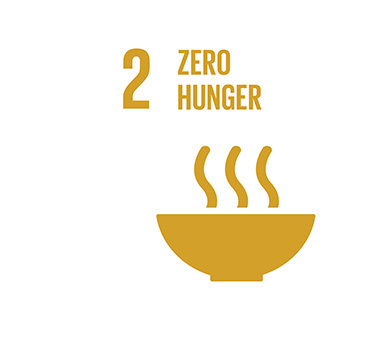
SDG2
-
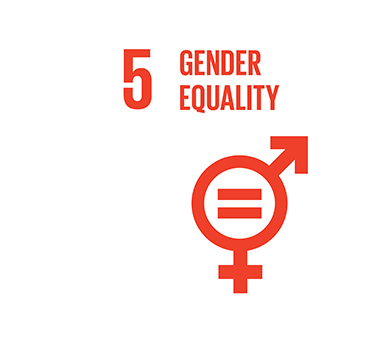
SDG5
-
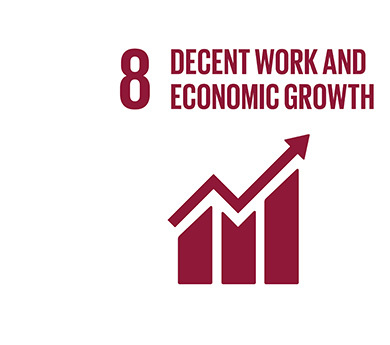
SDG8
-
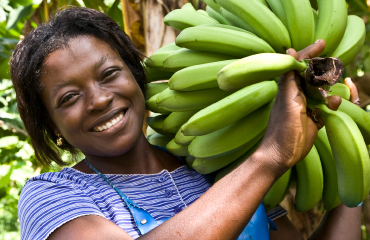
Trade unions
-
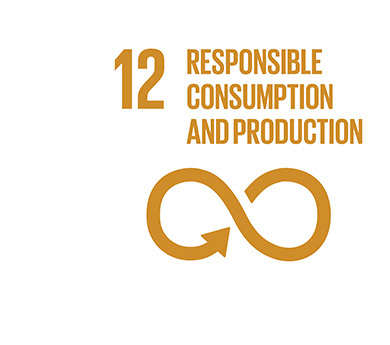
SDG12
-
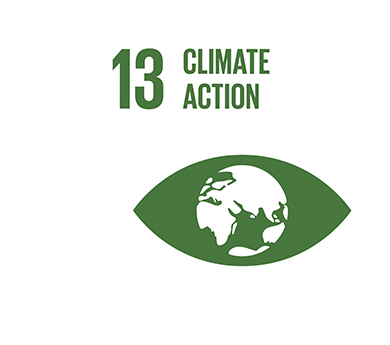
SDG13
-
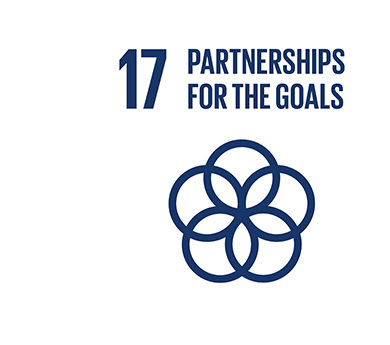
SDG17
-
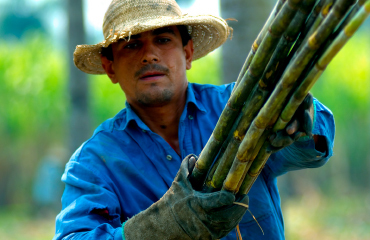
Remediating child labour
-
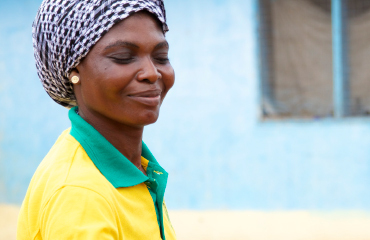
Environmental rights
-

Mitigating risks
-

Access to remedy